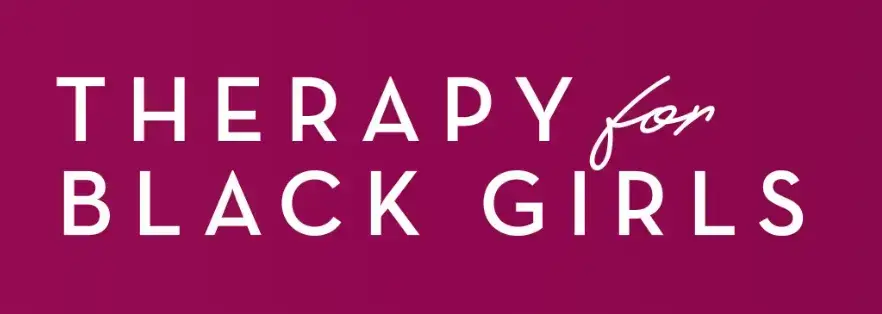Let's Talk Therapy
Proudly Verified by







Information

We’ve all heard the term “brain food”, but it seems like diets, nutrition and wellness routines are always changing! One thing that has remained consistent is how certain foods impact mood, energy and attention. Foods can have a positive impact on brain health and memory, and it’s important to know how to incorporate those foods into your everyday eating habits. Some of the most promising “brain food” items includes fish, berries, nuts, and leafy greens.
A study published in the Journal of Nutrition in 2017, found that a diet high in fruits, vegetables, and fish was associated with better cognitive function and a lower risk of cognitive decline in older adults. Later, in 2019, another study published in the Journal of the American Medical Association which found that a Mediterranean-style diet was associated with a lower risk of cognitive decline and a reduced risk of developing Alzheimer’s disease.
Brain food seems to have a lot of great research to back up the claims of higher cognitive function, but what about mood-food?
Just as certain foods can support brain health and memory, there are also foods that can boost mood. Some of the best mood-boosting foods include chocolate, nuts, and fermented foods.
A study published in the Journal of Psychopharmacology in 2015, found that a diet high in fruits, vegetables, and fermented foods was associated with lower levels of depression and anxiety. Following this, the Journal of Affective Disorders reported that participants who consumed a diet high in chocolate and nuts had lower levels of stress and improved mood compared to those who did not.
In theory, it should be pretty easy to maintain a good balance between brain food and mood food and all the healthy things, so why is it so hard? The temptations of sugars, sweets and processed foods can be overwhelming. That’s why it’s important to balance our diets, NOT restrict our diets.
A brain-healthy diet is not just about consuming certain foods, but also about maintaining a balanced and varied diet. For instance, a diet that is high in processed foods, sugar, and saturated fats can have a negative impact on brain health and overall well-being. Processed foods and the-like should be in moderation. Restricting certain foods or being overly rigid can cause other issues, and is not recommended.
A balanced brain diet should include a variety of fruits, vegetables, whole grains, lean protein, and healthy fats. When your body is being fueled with these healthier, heartier foods, you’re more likely to take in less processed foods, sugar, and saturated fats. In addition, it’s important to stay hydrated by drinking plenty of water and to always consult with a registered dietitian or healthcare professional to ensure that your diet meets your individual needs. This is especially important for individuals with dietary restrictions, allergies, or chronic health conditions.
In short, it’s important to pay attention to the foods you consume as it can have a significant impact on your brain health, memory and mood. Therefore, incorporating brain-healthy foods like fish, berries, nuts and leafy greens, and mood-boosting foods like chocolate, nuts, and fermented foods into your diet can support optimal brain function and improve your overall well-being. Consult with a registered dietitian or healthcare professional to ensure that your diet meets your individual need.
We are fully online, which means that your therapy sessions will be help via video call on our HIPAA compliant Platform. Anyone in New Jersey can access our therapy services
New Clients can reach out to us directly via call, text or email here:
We provide”Courtesy Billing” for clients who are using the Out-of-network insurance benefits.
Our Insurance Page shares a small blurb about Why We Left Insurance Panels
When using OON benefits, patients typically pay the full cost of the treatment upfront and then file a claim with their insurance company for reimbursement. The amount of reimbursement can vary depending on the plan, but it can sometimes be as high as 90%. Call your insurance to see if you have OON benefits or click here to call us and we can check for you!
Online therapy is essentially face-to-face counseling, just conducted remotely. Studies show that tele-therapy is as effective as traditional counseling. Professional organizations and state governments recognize its benefits and have set regulations for it. However, like any therapy, its success in achieving your goals isn’t guaranteed. It’s important to discuss with your therapist whether tele-therapy is working for you.
Showing up is all that you need to do! But if you really want to get the most out of session, it could help to take some time to think about what you want from therapy. It helps to write down your goals, questions you have or things that you feel are important to share.
of course! though we have some unconventional therapy approaches, we are rooted in evidenced based practices. Talk therapy is a major player in the therapy room! See What we Treat and Integrative Services for more information
Online therapy might not be as effective for individuals with chronic suicidal thoughts, severe trauma, significant mental health history, or those recently in intensive care. Such cases often benefit more from traditional, in-person counseling. We’ll help you decide if our online services are right for you during your intake and evaluation.
Yes, you can switch therapists to another provider within the practice, or we can provide you a referral if preferred. We want to ensure that your time and effort are well spent, and that you are getting the relief you need, that’s why we work collaboratively with each other in the practice, as well as outside therapists who we know and trust.
You should feel like you’re making progress. Signs it’s working include:
We ask that clients provide at least 24 hours notice in the event that they need to cancel to avoid the 50% cancellation fee. we understand that life happens and do our best to be flexible & reschedule.
Currently, we serve clients in New Jersey and are expanding to other states as telehealth laws evolve. While telehealth offers the convenience of attending sessions from anywhere, state laws require clients to be in-state during their session.
Yes, it’s pretty simple to access sessions. You’ll need basic internet skills, such as opening and visiting the patient link sent to you via email. It’s similar to video chatting like Facetime or Zoom. We can also walk you through it on the phone the first time to ensure a strong connection
Feel free to ask anything. Some good questions are:
Our Qualifications:
Our founder, Rebecca Sidoti, is a highly qualified, state-licensed therapist and supervisor with extensive training in anxiety related disorders and innovative treatment such as Ketamine Therapy. Mind by Design Counseling adheres to standards set by the our governing counseling boards.
To see each providers credentials, training and licenses, visit our “Meet the Therapists” Page to learn more.
References
